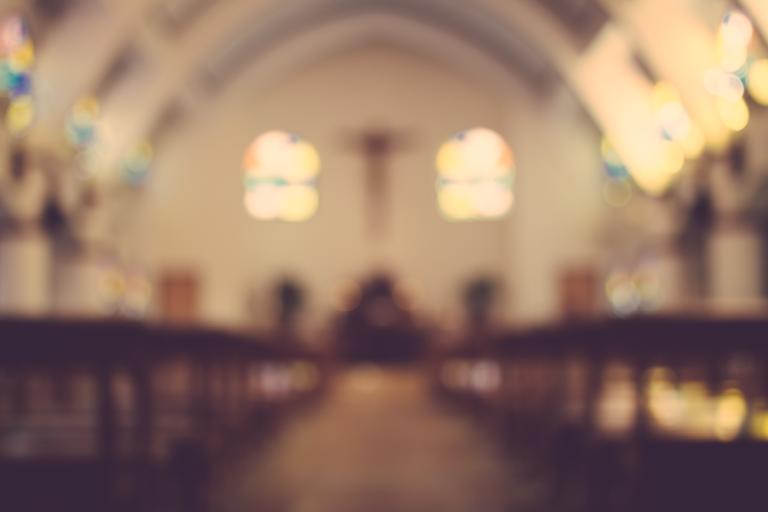I am not a big fan of Prayerbook revision. And for a variety of reasons.
One, I think that the modern church is addicted to theological and liturgical revision. Breaking with the conciliar caution of centuries gone by, a political mindset now dominates: Seize control of the national apparatus and compel everyone to think what the winners think. That mindset is strengthened by the presumption that those of us who are now alive represent the pinnacle of theological development. Everyone who preceded us is just a bit – or a lot – less enlightened.
This leads to a second assumption: That we should be constantly revising the language that we use in the liturgy. On this reading of things the liturgy is not a prayer, lifted by centuries of Christians, but a political manifesto that is in constant need of revision.
And, both the first and second conviction leads to the conclusion that we are without an obligation to the past or the “faith once delivered”.
There are, of course, those who argue that the process is simply a matter of more accessible language, a bit like the transition from Kings James English to contemporary language. And that is fair enough. But even in that case, the argument for changing the language of the Prayerbook can be over-drawn. Witness the persistent popularity of the BCP’s Rite One, even among younger Christians.
When the day comes for Prayerbook revision, however, I hope that the architects of that process will change this bit of the baptismal covenant:
Will you strive for justice and peace among all
people, and respect the dignity of every human
being?
The way it should read (and, hopefully, will read one day) is “respect the image of God in every human being”.
Why should we eventually change it? Well, for one thing, when dignity is defined in theological categories it is always described as an implication of the conviction that we are made in the image of God. Take this explanation, for example, from Caritas Australia:
Human dignity originates from God and is of God because we are made in God’s own image and likeness (Gn 1:26-27). Human life is sacred because the human person is the most central and clearest reflection of God among us.
In short, when there is a biblical or a theological turn of phrase in the tradition that works, we should use it.
For another: The word, dignity, is just too slippery a word. It can mean something profound, if it is grounded in the kind of conviction expressed in Genesis. But it can also mean a number of other things, none of which have anything to do with that conviction. Dignity can conjure up notions of autonomy and control, style and elegance, or some more subjective notions about the value of human life.
And therein lies the other problem: Grounded in the categories used in Genesis, to be made in the image of God is to be invested with a quality that is transcendent. As such, that conviction about our neighbors makes a claim upon us that we cannot escape. Not so with the notion of human dignity, which is a “horizontal”, not a transcendent category. We can claim that human beings possess dignity or that we ought to treat other human beings with dignity but it is subject to challenges, based upon race, class, ethnicity, and a host of other categories.
Our baptismal vows should clearly suggest that it is not this conviction is not up for debate.
Photo by Mario Purisic on Unsplash














